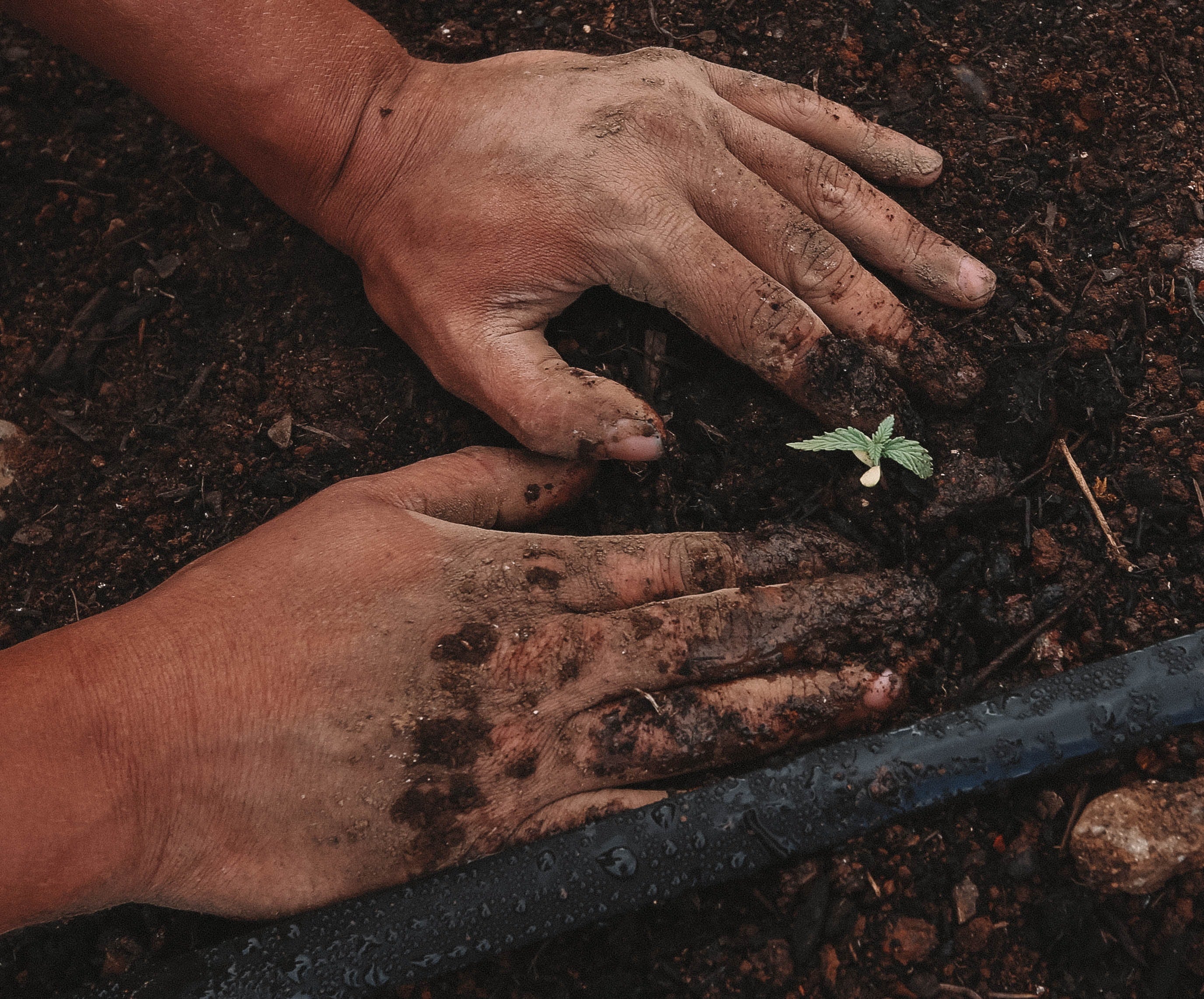

Getting into a prepper routine can feel overwhelming, especially if you're just starting out. From stocking up on food to building emergency kits, there’s a lot to consider, and it’s easy to make mistakes along the way. But don’t worry! We’re here to help you navigate the prepper lifestyle without falling into common pitfalls. Here are ten mistakes a new prepper often make and, more importantly, how to avoid them.
1. Not Having a Prepper Plan
It’s tempting to start buying survival gear and stocking up on supplies without thinking it through. However, a prepper routine without a solid plan can lead to unnecessary purchases and gaps in your preparation.
How to Avoid It:
Create a detailed plan that outlines your goals, resources, and potential threats. Ask yourself questions like: What disasters are most likely in my area? How long do I want to be prepared for? Who am I preparing for? This will help you focus on getting the right supplies and building an efficient prepper strategy.
2. Overlooking Basic Survival Skills
Having all the gear in the world won’t help if you don’t know how to use it. A new prepper often focus on stockpiling supplies but neglect learning basic survival skills such as fire-starting, water purification, or first aid.
How to Avoid It:
Dedicate time to learning and practicing essential survival skills. Consider taking classes, watching instructional videos, or reading survival books. Practice these skills regularly so you’ll know what to do in an emergency, even if your gear fails.
3. Buying Expensive Gear Instead of Essentials
It’s easy to get caught up in buying the latest high-tech survival gadgets, but these often aren’t necessary, especially when you’re just starting. A new prepper sometimes spend a lot on fancy gear instead of focusing on basic essentials.
How to Avoid It:
Start by building a strong foundation of essential supplies: food, water, first aid, and shelter. Make sure you have the basics covered before splurging on extra gear. Remember, a well-stocked pantry is more important than a top-of-the-line survival knife.

4. Not Accounting for Everyone in the Household
If you’re a prepper for more than just yourself, you need to consider the needs of everyone in your household, including pets. New preppers sometimes forget to include their loved ones in their plans, which can lead to critical oversights.
How to Avoid It:
Make a list of everyone’s unique needs, including dietary restrictions, medications, and any special requirements. Don’t forget your pets—make sure to have food, water, and supplies for them as well. Prepare emergency kits tailored to each person and animal in your home.
5. Failing to Rotate Supplies
Storing food, water, and other essentials is a crucial part of a prepper routine, but new preppers sometimes forget to rotate these supplies. This can lead to expired food, stale water, and wasted money.
How to Avoid It:
Regularly check your stored supplies and use a rotation system. Place newer items behind older ones, and make a habit of using and replacing items before they expire. Set reminders to check your stash every few months.
6. Not Having Enough Water Storage
While many a new prepper focus on food, water storage often gets overlooked. You can survive weeks without food but only a few days without water, making it one of the most critical aspects of a prepper.
How to Avoid It:
Calculate how much water you need for drinking, cooking, and hygiene (generally, a gallon per person per day). Invest in reliable water storage containers and methods for purifying water, such as filters or purification tablets. Always have a backup plan for accessing clean water in case your main supply is compromised.
7. Ignoring Mental and Physical Health
It’s not just about having supplies; your physical and mental well-being are crucial in any survival situation. New preppers sometimes focus solely on stockpiling and forget to prepare themselves.
How to Avoid It:
Incorporate fitness and mental health practices into a prepper routine. Regular exercise, stress management, and learning how to stay calm under pressure will help you handle emergencies better. Consider including activities that promote mental health, such as hobbies, games, or books, in your emergency kits.
8. Not Practicing Bug-Out Drills
Having a bug-out bag is important, but if you’ve never practiced evacuating, you might struggle in a real emergency. New preppers often create bug-out bags without planning how and when to use them.
How to Avoid It:
Conduct regular bug-out drills with your family. Practice quickly gathering your gear and getting to your chosen safe location. Make sure everyone knows their role and responsibilities. Doing this will help you identify any gaps in your plan and make you more prepared for an actual emergency.

9. Over-Packing Your Bug-Out Bag
New preppers sometimes fall into the trap of over-packing their bug-out bags. While it might seem like a good idea to have everything you could possibly need, an overly heavy bag will slow you down and wear you out.
How to Avoid It:
Pack only the essentials in your bug-out bag: food, water, shelter, first aid, and a few critical tools. Keep it light and manageable so you can move quickly if needed. Regularly review and adjust the contents to match the seasons and your current needs.
10. Build Your Own Survival Garden with Seed Armory
One of the smartest ways to be a prepper for emergencies is to grow your own food. A survival garden ensures you have a continuous, sustainable source of fresh produce, no matter what happens. However, starting a garden from scratch can be intimidating, especially for new preppers.
How Seed Armory Can Help:
At Seed Armory, we make it easy to create a thriving survival garden, even if you’re new to gardening and a prepper routine. Our premium heirloom seed collections are designed to help you grow a variety of nutritious vegetables, herbs, and fruits that are non-GMO and 100% natural. With seeds that are carefully selected for their resilience, you can have peace of mind knowing your garden will produce healthy, reliable crops season after season.
Why Choose Seed Armory?
- High-Quality Heirloom Seeds : Our seeds are non-hybrid, non-GMO, and open-pollinated, ensuring they can be harvested, saved, and replanted year after year.
- Tailored Seed Kits : Choose from a range of survival seed kits, including options for beginners and advanced gardeners. Our kits are designed to cover your family’s nutritional needs.
- Comprehensive Guides : Each kit includes easy-to-follow planting guides, so even if you’re new to gardening, you’ll have all the knowledge you need to get started.
Ready to Start Your Survival Garden?
Visit Seed Armory today and find the perfect seed kit to build your own self-sustaining garden. Don’t wait until it’s too late—start growing your future food supply now!
Building Your Prepper Skills Over Time
Getting into a prepper routine is a journey, and it’s okay to make mistakes as you learn. The important thing is to recognize these common pitfalls and take steps to avoid them. By focusing on practical planning, essential skills, and community connections, you can build a solid foundation for your prepper strategy.
Remember, you don’t have to do everything at once. Start with the basics, grow your knowledge, and gradually expand your supplies. Stay flexible, keep learning, and you’ll be better prepared to handle whatever comes your way. Happy prepping!






